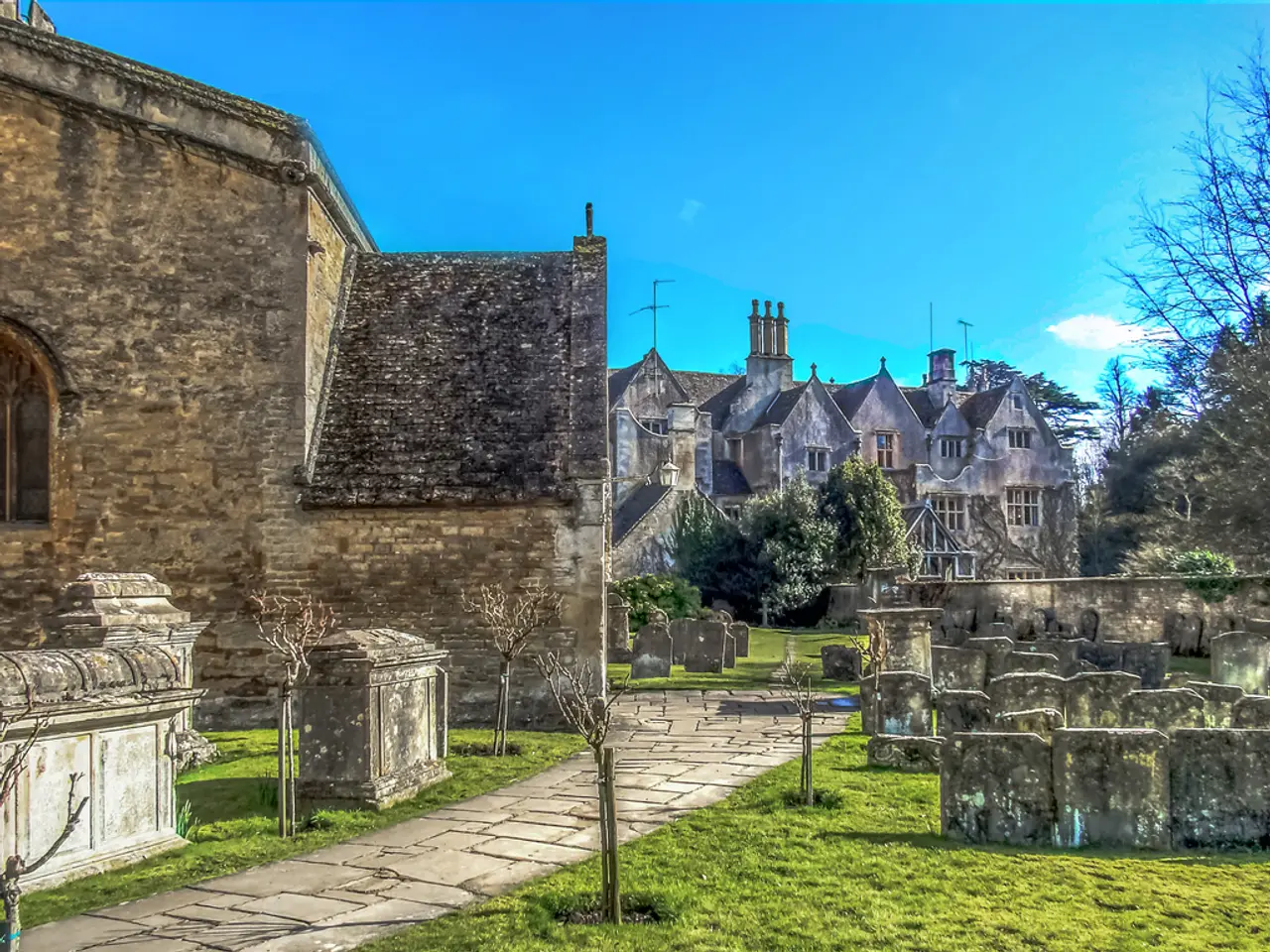Wes Hiatt advocates for influential transformation
In the heart of Bethlehem, Pennsylvania, an innovative program is reviving historical alley houses to address affordable housing and foster community engagement. The Alley House Program, led by assistant professor of architecture and co-director of the Small Cities Lab, Hiatt, is making a significant impact on the city.
Hiatt's interest in architecture and design was sparked during his education at Ohio State University, an accidental encounter that led him to a career shaping urban landscapes. His father, a trained landscape architect and carpenter, instilled in him a passion for making things that has been instrumental in the creation of the Alley House Program.
The program adopts an interdisciplinary, coalition, and community-driven approach. City officials, architects, students, community development folks, and longtime residents work together to rethink land-use policy in a way that honours local history and opens new possibilities. This collaborative approach has built trust and resulted in a project that neighbours support, with resident involvement continuing to shape the project.
Research has been integral to the program's planning. Students and faculty have documented hundreds of existing alley houses, walked more than 50 miles of alleys, and interviewed residents. This research has directly influenced zoning proposals and the physical design of the new pilot units.
Another research aspect, funded by the Department of Housing and Urban Development, focuses on studying how other small cities have successfully adopted accessory unit policies. The aim is to fill a critical gap in our understanding of smaller cities in urban planning, design, and architecture research.
The Alley House Program's research on how architects may participate in the politics of history, change, and identity is intended to help define what change looks like, and who it's for. This research is crucial in shaping positive change in partnership with communities, by engaging in policies governing development and historic preservation.
The first pilot alley house "accessory unit" started construction this summer, supported by Governor Shapiro's PHARE program. The remaining three units will be built over the next few years through a congressional grant, a first in the university's history.
The Alley House Program has provided over 60 students from 12 different majors with hands-on experience in design, zoning, community engagement, public storytelling, and construction. Hiatt encourages his students to be open to new things and different paths, and to get exposure to as many different ideas as possible during their time at Lehigh.
The Alley House Program demonstrates how art, architecture, and design students can apply their skills to create lasting change in their communities. By engaging with city officials, architects, students, community development folks, and longtime residents, the program is helping Bethlehem reimagine its future while preserving its past.
Read also:
- Inefficiencies in policy lead to increased disparities between Dhaka and other urban areas, according to urban analysts.
- Democrats in the United States are rejoicing over Kamala Harris' recent triumph
- Czech Casino Doxxbet candidly discusses its operations within the Czech Republic
- Urgent Action Needed to Ensure Voting Fairness - Weekly Advocacy Alert from Action Weekly Organization




